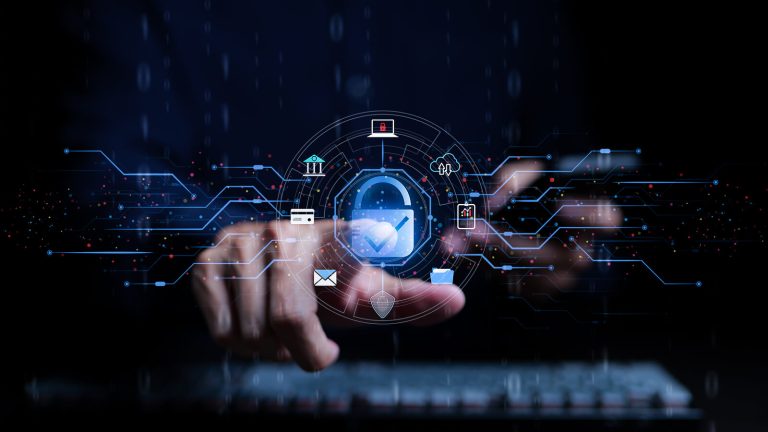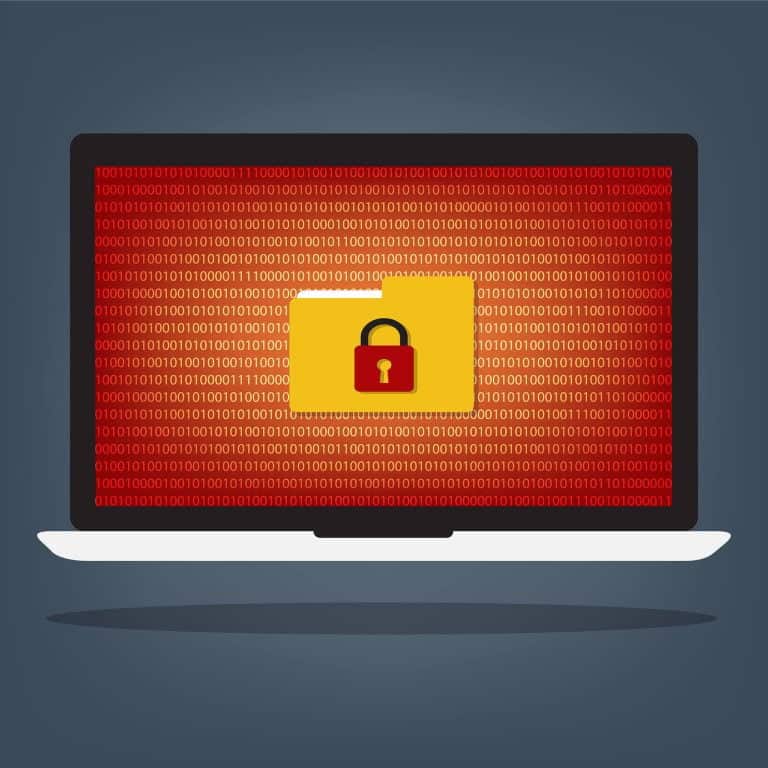Learn what measures businesses can take to protect your business from cyberattacks. We reveal practical ways to keep your data secure.
When it comes to running a successful business, it’s crucial to keep your data secure. A data breach can result in massive financial losses and even jeopardize your company’s reputation. In fact, in IBM’s 2021 Cost of a Data Breach Report, it was estimated that data breaches cost companies an average of 4.24 million dollars. This highlights the importance of information security and cybersecurity.
Table of Contents
ToggleLuckily, there are measures you can take to protect your business from cyberattacks. So long as you’re proactive and take the proper precautions, your business should be safe. Here are some ways to keep your data secure:
Invest in Cyber Insurance
Cyber liability insurance can cover a business financially and legally when your security is compromised. It can be devastating when there’s a data breach, and your business doesn’t have the proper funds to cover the damage. When you have cyber insurance, however, it’s easier to recover.
Investing in cyber insurance helps you bounce back from a cyberattack in many ways. A cyber insurance company will often take responsibility for recovering data, repairing damaged devices, protecting your company from civil lawsuits, and restoring any reputational damage incurred from an attack. In this way, insurance can be a perfect fail-safe defense against damages triggered by malware and social engineering attacks.
Establish Secure Work Policies
The best way to recover from a cyber attack is to prevent it from happening in the first place. To keep yourself protected, establish work policies that prioritize cybersecurity. Not all employees are tech-savvy, and some may fall prey to phishing scams. This is easily avoidable. Just make sure your employees adhere to strict data-sharing work policies.
Encourage employees to use unique passwords and not permit them to write sensitive user information on sticky notes. In general, keeping each individual’s information private is of the utmost importance. You may even want to limit how much important information you share with your employees in the first place.
Establishing secure work policies isn’t a one-time deal. Be prepared to update them frequently. Cyberattacks are ever-evolving, meaning your policies must be the same way.
Educate Your Employees

To prevent human error, it’s essential to keep your employees up-to-date on the latest cybersecurity threats. Phishing scams and ransomware are getting more and more evolved and more dangerous.
For example, in 2019, a UK energy firm lost over $200,000 when a scammer used AI technology to impersonate the company’s CEO. This type of deep fake ransomware scam is just one instance of a new security threat that your employees need to be familiar with.
To keep your employees knowledgeable, a one-time email isn’t enough. You may want to require them to complete online courses while also outlining potential threats in new-hire onboarding materials. Keep your employees informed of what steps they should take in the event of a security breach.
Install Software Updates Regularly
The technology of malware is constantly changing. When new loopholes are found in your company’s software, your confidential information becomes vulnerable. This means, to protect your data, you want to install updates frequently and promptly after they’re released.
A massive security flaw was recently found in Apple’s iMessage, allowing criminals to install spyware onto unsuspecting victims’ phones. In response, Apple issued an emergency update to protect iOS users. In this case, if your work computer was an Apple product and you didn’t promptly install the update, your data would have been susceptible to theft and cyberattacks.
Enable Antivirus Protection
Company computers are an abundance of sensitive information. To prevent dangerous malware from stealing important data from company devices, antivirus programs are a must.
When malware camouflages itself beneath a phishing email or through a suspect link, antivirus programs alert the user and block dangerous content. Antivirus programs can prevent malware from making an appearance in the first place while also uprooting existing infections. If you suspect your computer has been infected, run an antivirus scan as one of your first lines of defense.
Encrypt Company Data
Encryption is key in defending your company from cyberattacks. When someone steals an employee device and tries to access sensitive information, they’ll likely be successful unless the data is encrypted. When you’re diligent about encryption, you scramble the information so it’s only readable by authorized individuals.
While encryption is an effective tool to enforce cybersecurity, it’s still being underutilized by businesses. According to the Ponemon Institute in their Global Encryption Trends Study, only 50% of businesses report having a consistent encryption strategy. With the costs of data breaches on the rise, it’s crucial that more companies protect themselves via encryption.
These days, cyberattacks are a dime a dozen. To keep your business secure, you need to prioritize and stay up-to-date on cybersecurity best practices. So long as you’re diligent about protecting your data, your business can continue to flourish.




